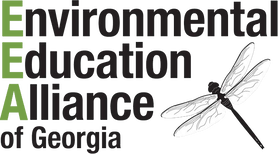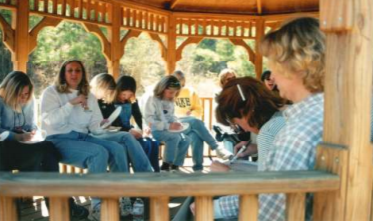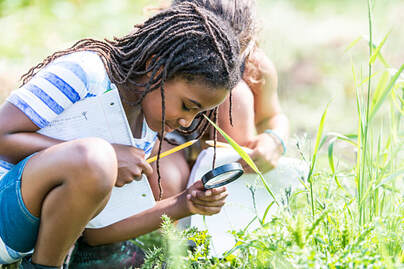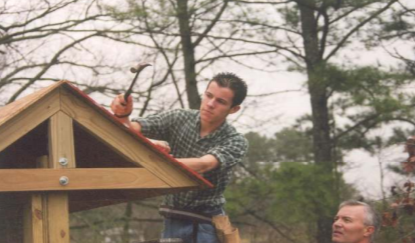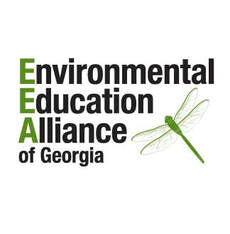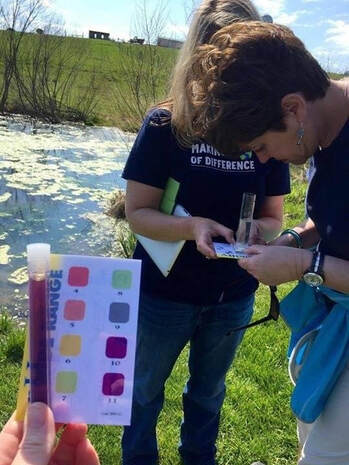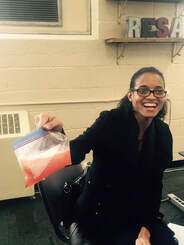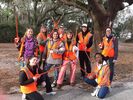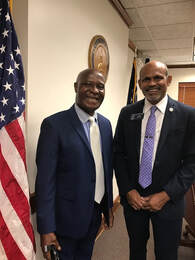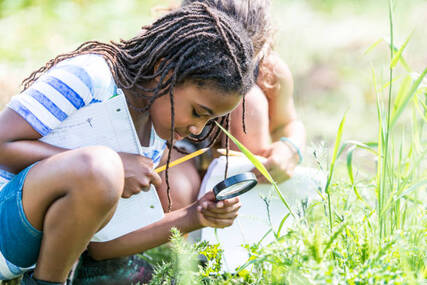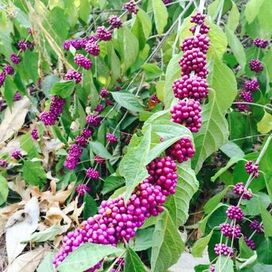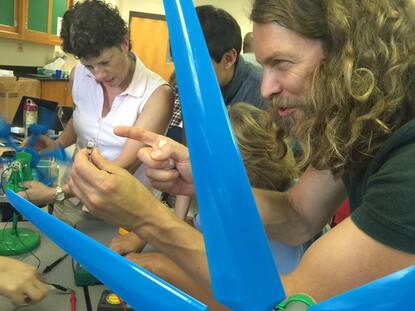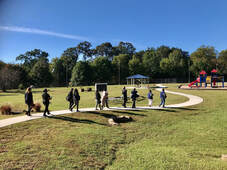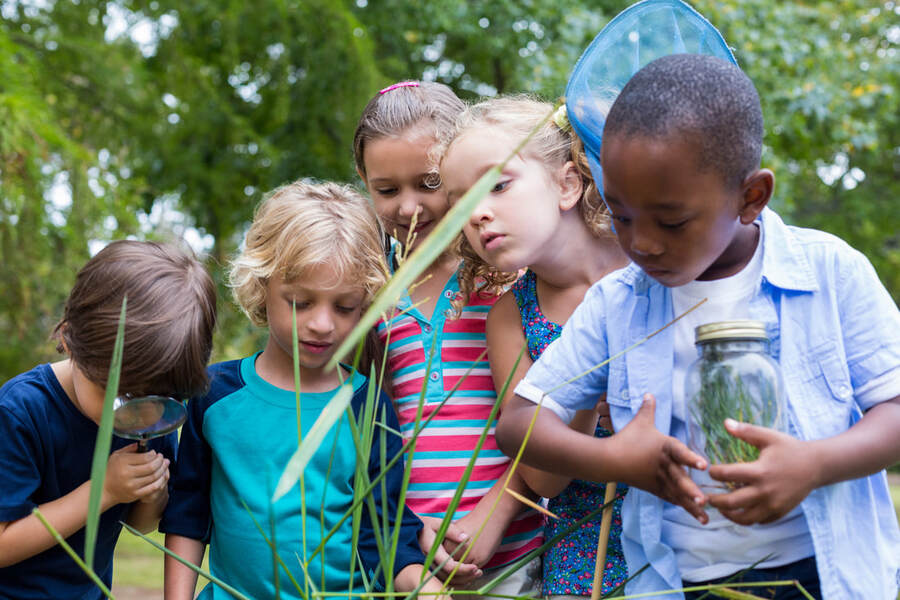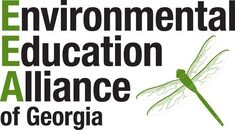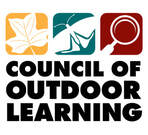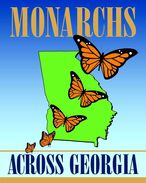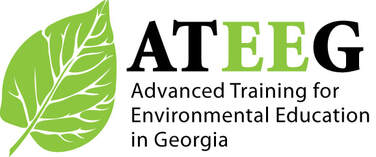Environmental Education Alliance of Georgia
- Our Story
- Our Team
- Our Events
-
Our Resources
- Wildlife Viewing
- Earth Month Activities
- Garden-based Learning
- EcoEngineering Challenges
- Community (Citizen) Science
- Phenomenon-Based Learning
- Problem-Based Learning
- Place-Based Learning
- Project-Based Learning
- Teaching about Climate Change
- Teaching about EJ
- Zero Waste Heroes
- SAGES Project
- Virtual EE Resources
- Environmental Clubs
- Evaluation and Assessment
-
Our Work
- Our News
- Our Impact
- JOIN or GIVE
- Member Portal
- Contact Us
- Outdoor Learning Store
- PassTick2023-4
- Annual Report
- New Page
- Past 2022 EEA Conference
- Past EEA Board 2021-22
- Past 2022 conferenceoverview
- Non-clickable Page
- New Page
- EEA Guest Blog
- Our Story
- Our Team
- Our Events
-
Our Resources
- Wildlife Viewing
- Earth Month Activities
- Garden-based Learning
- EcoEngineering Challenges
- Community (Citizen) Science
- Phenomenon-Based Learning
- Problem-Based Learning
- Place-Based Learning
- Project-Based Learning
- Teaching about Climate Change
- Teaching about EJ
- Zero Waste Heroes
- SAGES Project
- Virtual EE Resources
- Environmental Clubs
- Evaluation and Assessment
-
Our Work
- Our News
- Our Impact
- JOIN or GIVE
- Member Portal
- Contact Us
- Outdoor Learning Store
- PassTick2023-4
- Annual Report
- New Page
- Past 2022 EEA Conference
- Past EEA Board 2021-22
- Past 2022 conferenceoverview
- Non-clickable Page
- New Page
- EEA Guest Blog
EEA
How EEA Advances the Field of Environmental and Outdoor Learning
The Environmental Education Alliance (EEA) strives to ensure that all 1.8 Million preK-12 students in Georgia have the opportunity to engage with nature, make real-world connections through outdoor learning, and gain a deep understanding of how the world works, so they are prepared to make sound decisions, inspired to innovate, and motivated to take action to protect the planet.
We approach this mission by supporting and increasing the capacity of educators, and by providing resources and models to help communities engage in environmental problem-solving, including neighborhoods that have been disproportionately impacted by adverse environmental conditions and related health effects.
We approach this mission by supporting and increasing the capacity of educators, and by providing resources and models to help communities engage in environmental problem-solving, including neighborhoods that have been disproportionately impacted by adverse environmental conditions and related health effects.
EEA Points of Difference
|
EEA is unique in the following ways:
|
Strategic Goal #1: Driving excellence and sparking innovation
|
KEY FINDINGS: Well-delivered environmental education engages students in gaining the background information, know-how and motivation to ensure a more-sustainable future. When combined with outdoor learning, students make real-world connections to the curriculum, improve academic outcomes, explore nature in ways that forge lifelong appreciation, experience physical and mental health benefits, and protect the planet. (Research citations here)
But like any field, environmental and outdoor learning varies in quality, cost-effectiveness, and results. A lack of recognition of how environmental concepts fit into the Georgia Standards of Excellence, fragmentation of core ideas among the standards at multiple grade levels, misconceptions about what infrastructure is needed and which instructional methods are most empowering, and lack of authentic problem-solving opportunities can leave students with heightened awareness and anxiety about the environment without the knowledge, ability or confidence to solve related problems. (Research here). EEA RESPONSE: As the backbone organization for environmental education and outdoor learning in Georgia, EEA drives excellence in the field by promoting research-informed practices, proven models, effective teaching resources, and key instructional methods; recognizing and rewarding excellence; inspiring innovation; amplifying the needs of teachers and environmental education providers; and advocating for adequate funding to ensure high-quality learning experiences for every Georgia child. |
|
Outcomes and IMPACTS in 2021-23 Provided professional development that increased the capacity of educators for leading effective ee experiences
Created Georgia's eeCredential program to provide online, self-paced, year-round, affordable professional development options
Launched the Outdoor Learning Collaboratory to solicit input on best practices in outdoor learning
Recognized exemplary educators and organizations
Curated collections of exemplary educational materials
|
Opportunities for INVESTMENT 2023-25
|
Strategic Goal #2: Demonstrating Value and Collective Impact
|
KEY FINDINGS: Foundations and funders want to be able to assess impact of environmental education and outdoor learning with qualitative and quantitative measures, yet there is not a consistent statewide approach to data collection or program evaluation among environmental educators. A common set of metrics and framework for data reporting is needed to demonstrate collective impact of Georgia teachers and ee / outdoor learning providers.
EEA RESPONSE: The ongoing EE Landscape Analysis is garnering more information about and the planned CoOL Schoolyards recognition program will provide updatable metrics on ee, outdoor learning, and the value of student projects. |
|
Outcomes and IMPACTS in 2021-23 Conducted a statewide survey of ee and outdoor learning providers in Georgia called the 'EE Landscape Analysis'
Obtained a web platform from San Francisco Unified School District for use in collecting and analyzing data from schools and environmental education providers in GA
|
Opportunities for INVESTMENT 2024-25
|
Strategic Goal #3: Increasing Investment in the EE / OL Field
|
KEY FINDINGS: Of the $115.8 Million invested in environmental literacy grantmaking during 2019, only 8% of that total went to organizations in the Southeast. Further, the median grant size to southeastern organizations was $2,383: at least 700% smaller than the median grant size in any other region of the country.
EEA RESPONSE: Increase visibility and recognition of our alliance's value - including the work of EEA's 122 member organizations and others in the field of environmental education and outdoor learning in GA; advocate for state funding of outdoor learning in schools; create partnerships to leverage support in this field; and support funders who make grants in Georgia and the SE. |
|
Outcomes and IMPACTS in 2021-23 Advocated for creation of Georgia's new GOLD grants (GA Outdoor Learning Demonstration grants) from the State
Partnered to Organize an Environmental Funders Group and eeCEO Roundtable
|
Opportunities for INVESTMENT 2024-25
|
Strategic Goal #4: Advancing Equity and Inclusion
|
KEY FINDINGS: Environmental education and outdoor learning does not currently engage all Georgia children. EEA's EE Landscape Analysis has identified gaps: especially in rural areas, under-resourced neighborhoods; and communities disproportionately affected by environmental health burdens. Environmental educators do not always reflect demographics of their students, nor do all children feel welcome and valued in outdoor learning settings.
EEA RESPONSE: Increase teacher capacity to use inclusive instructional strategies and address gaps in program accessibility, while spotlighting leading edge, BIPOC-led environmental education programs in Georgia. |
|
Outcomes & IMPACTS in 2021-22 Partnered with BIPOC-led environmental ed organizations to create professional learning course called JEDI Path (Greening Youth Fdn, Outdoor Afro, Keeping It Wild, FACE, West Atlanta Watershed Alliance, Gullah/Geechee Sea Island Coalition, EarthWise, Captain Planet Foundation, etc.)
Improved equitable access to ATEEG certification by pivoting to hybrid courses that are more affordable, accessible, convenient during the pandemic and beyond
Diversified EEA's internal operations
Developed online course about selecting high quality EE teaching materials, based on the Guidelines for Excellence
|
Opportunities for INVESTMENT
|
Strategic Goal #5: Increasing EEA's Effectiveness
|
KEY FINDINGS: EEA is in the best position to spotlight the assets and accomplishments of its member organizations and to amplify their needs, when the Alliance is managed by a lean, cost-effective, connected, efficient, and responsive non-profit organization.
EEA RESPONSE: To that end, EEA works to continuously improve its operations, program quality, partnerships, understanding of the field, and ability to make a difference. |
|
Outcomes & IMPACTS in 2021-22 Improved EEA operations
Strengthened coalition of EE and outdoor learning providers
|
Opportunities for INVESTMENT
|
OUR IMPACT
Case studies regarding how the field of environmental and outdoor learning is advanced . . .
|
|
|
|
Environmental Education Alliance, Inc.
P.O. Box 801066 | Acworth, GA 30101 EEA does not does not discriminate on the basis of race, color, national origin, sex, age, or disability in its program , activities, or employment. For more information on EEA's non-discrimination commitment click here . Grievance officer may be contacted at [email protected] |
Proudly powered by Weebly
|
